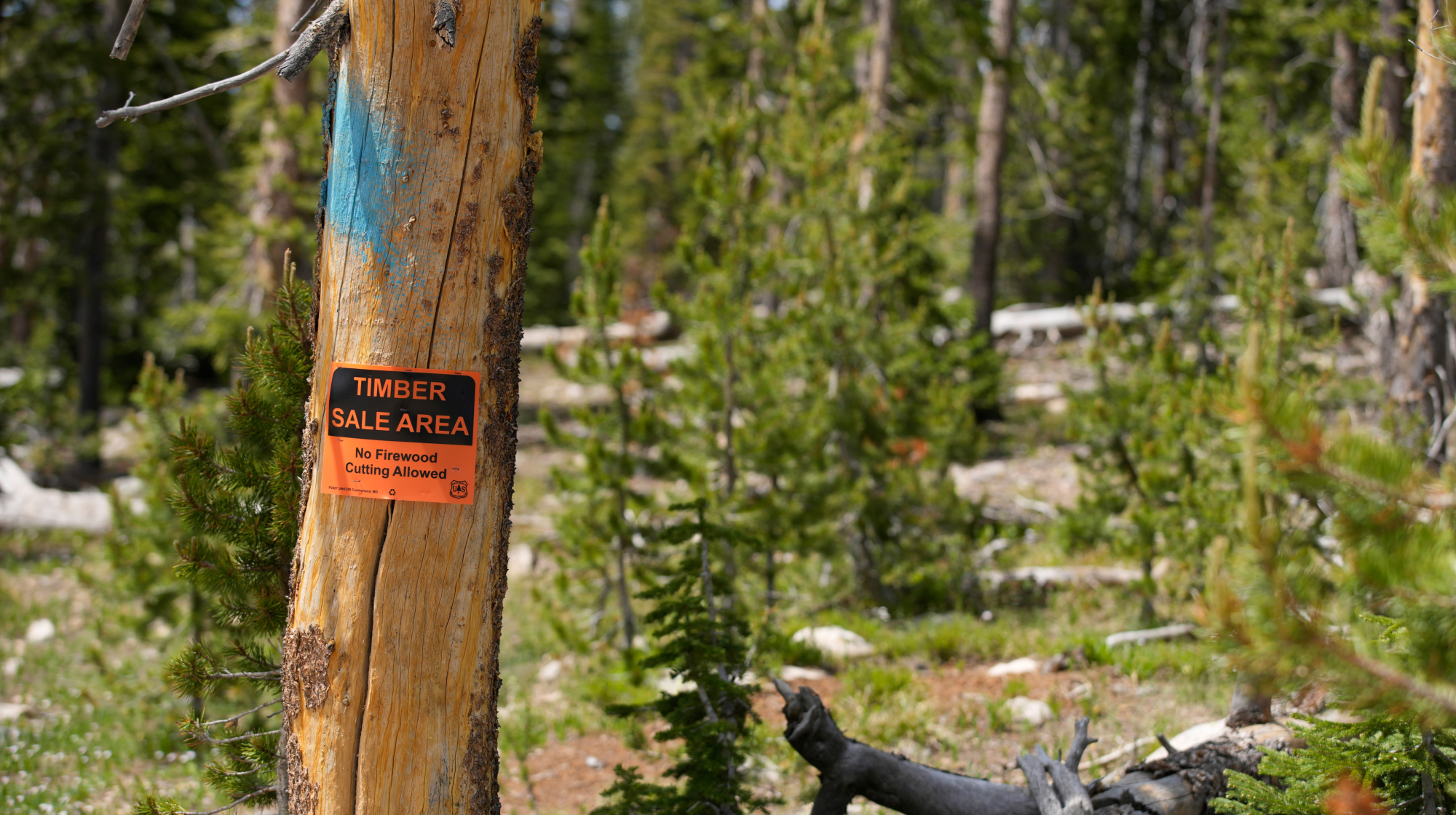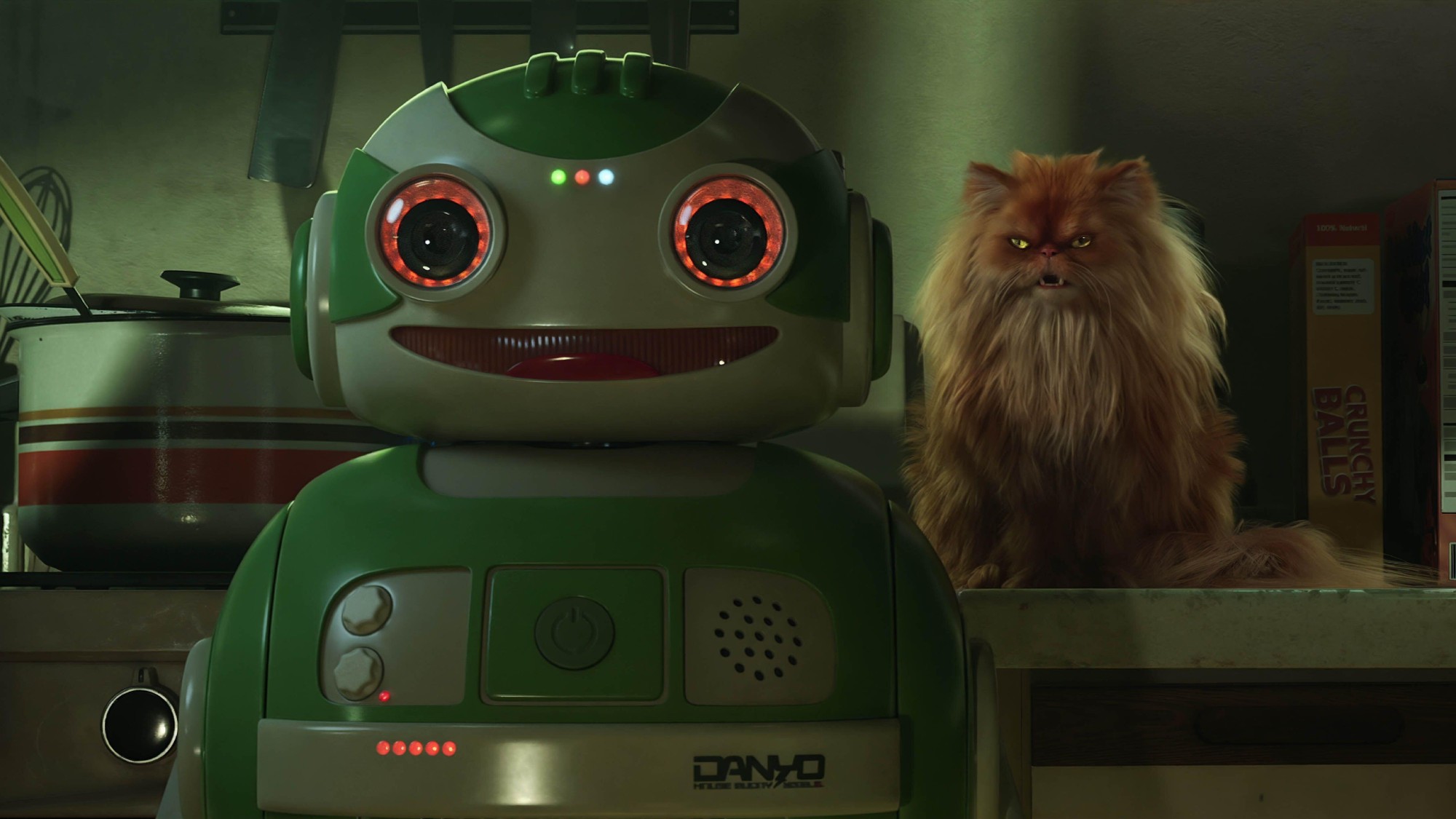The Twitter revolution
Is Twitter a breakthrough in personal communications or a colossal waste of time?
Thanks to Twitter, millions of people are obsessively updating ‘friends’ on their most mundane activities. Is Twitter a breakthrough in personal communications or a colossal waste of time?
What exactly is Twitter?
It’s a form of electronic networking designed to instantly answer the timeless question, “What are you doing?” At first glance, Twitter is not much different from e-mail or text messaging; you simply sign up for a free account at Twitter’s website and start sending and receiving “tweets” via computer, cell phone, or other hand-held device. But unlike text messaging or IMs, a tweet can reach potentially thousands of preapproved “friends” at once, and there is a space limit of no more than 140 characters per tweet. “It’s the water cooler of the 21st century,” says Joel Comm, author of Twitter Power.
Subscribe to The Week
Escape your echo chamber. Get the facts behind the news, plus analysis from multiple perspectives.

Sign up for The Week's Free Newsletters
From our morning news briefing to a weekly Good News Newsletter, get the best of The Week delivered directly to your inbox.
From our morning news briefing to a weekly Good News Newsletter, get the best of The Week delivered directly to your inbox.
Who’s using it?
Twitter now has some 14 million users who spend an average of half an hour a day posting a total of about 2.25 million tweets. The site, which debuted in March 2006, received about 10 million visitors in February, a 700 percent increase over the previous February. Devotees include everyone from teenagers who crave constant contact with their friends to celebrities who use the service to build their fan bases to politicians who want to stay in touch with constituents. Known “tweeters” include President Obama, Martha Stewart, Britney Spears, Lance Armstrong, and more than a quarter of the 535 members of Congress.
So what are these people saying?
In general, nothing of great substance. Whether the tweeters are famous actresses or middle-class housewives, their communiqués tend toward the mundane. Tweeters describe what they are eating, comment on news events, or express joy when their favorite team wins. “Wow, great speech!” Democratic Rep. Jared Polis of Colorado tweeted during Obama’s address to Congress earlier this year. Or consider gossip blogger Perez Hilton’s recent missive to more than 300,000 people who have signed up for his tweets: “I’m drunky on a Monday! It’s my birthday!!!! Still at dinner. Doing the tasting menu. Yum yum!”
A free daily email with the biggest news stories of the day – and the best features from TheWeek.com
Are all tweets this banal?
No. Sometimes they can approach haiku in their simplicity of expression and complexity of message. “Mrs. Liebowitz’s cat has gone missing again,” Christopher Walken wrote. “He answers to ‘Martin’ and walks with an unfortunate limp. This was only partially my fault.” The English comedian Stephen Fry keeps his nearly 200,000 followers amused with such wry tweets as this one, sent while stuck in an elevator: “Hell’s teeth. We could be here for hours. Arse, poo, and widdle.” But Twitter is not just a silly distraction.
How else has it been used?
To save lives, mobilize masses, and scoop the news media. After actress Demi Moore received a Twitter message from a woman threatening to kill herself, she used Twitter to rally her fans to the woman’s cause. The woman was reportedly so touched by the outpouring that she changed her mind. Earlier this month, anti-Communist activists in Moldova used Twitter to generate massive protests against the government. And among the first reports of the US Airways jetliner’s miraculous landing in January—transmitted before any news organization reported on the story—was this tweet from Florida businessman Janis Krums: “There’s a plane in the Hudson. I’m on the ferry to pick up the people. Crazy.”
How did this all get started?
Twitter was the brainchild of three Silicon Valley entrepreneurs, Jack Dorsey, Evan Williams, and Isaac “Biz” Stone. They were inspired by the “away messages” that many people leave on their computers to let others know their whereabouts. “What if you just took that, just that simple idea of status,” Stone recalls thinking, “and you turned it into a service, so that you and your friends could know what you’re doing?” Twitter takes no advertising, and employs only about 30 people. But because it attracts so many eyeballs, it’s estimated by some venture capitalists to be worth $250 million.
Does Twitter have critics?
Plenty. Many see Twitter as the latest example of the self-indulgent, 24/7 exhibitionism that has been honed to a fine art in chat rooms, and on Facebook and other social-networking sites. “It’s like a psycho-graphic version of strip poker,” technology writer Steven Levy said in Wired. “‘I’m disrobing, 140 characters at a time.’” And although it takes a certain talent to compress any thought coherently into that limited space, language purists are appalled. “Using Twitter for literate communication,” says journalist Bruce Sterling, “is about as likely as firing up a CB radio and hearing some guy recite The Iliad.”
Are there other concerns?
Yes. Surveys show that the majority of tweets are sent from the workplace, resulting in productivity losses that could be in the billions. And while Twitter is often touted as a way to establish and maintain relationships, it has also been known to strain them. Jennifer Aniston reportedly dumped her boyfriend John Mayer because he was too busy tweeting to answer her calls. The wife of Ian Schafer, an online marketer, recently exploded when she caught him tweeting once too often. “She said, ‘You would pay more attention to me if I were digital,’” Schafer recalled. “It might be true. Then I thought, You should tweet that, so I did.”
When Twitter means business
One of Twitter’s most powerful uses may be as a tool for businesses to survey consumers and build brand awareness. “In the past, companies would hire a market research firm,” says Mike Hudack, CEO of video website Blip.tv. “Now we use Twitter to get the fastest, most honest research any company ever heard—and it doesn’t cost a cent.” In recent months, a long list of corporate giants that includes Comcast, JetBlue, and Whole Foods has used Twitter to find out what customers are thinking. By reading tweets about their products, the companies can respond quickly to consumer complaints and fine-tune their marketing. Twitter, business owners say, is like a massive focus group, only without the awkwardness of market researchers peering through a one-way mirror. “It’s a great source of inspiration,” says Caroline Middlebrook, who uses Twitter in her Web marketing business, “and it even keeps me company in a weird way.”
-
 Controversial GOP plan to sell millions of federal acres hits major roadblock
Controversial GOP plan to sell millions of federal acres hits major roadblockIN THE SPOTLIGHT Republican Sen. Mike Lee says he'll revisit legislation to sell millions of acres of federally held land to create 'freedom zones' of single family homes
-
 One year after mass protests, why are Kenyans taking to the streets again?
One year after mass protests, why are Kenyans taking to the streets again?today's big question More than 60 protesters died during demonstrations in 2024
-
 5 high-concept animated science fiction shows for grown-ups
5 high-concept animated science fiction shows for grown-upsThe Week Recommends How filmmakers are using a different medium to bring visionary science fiction to life